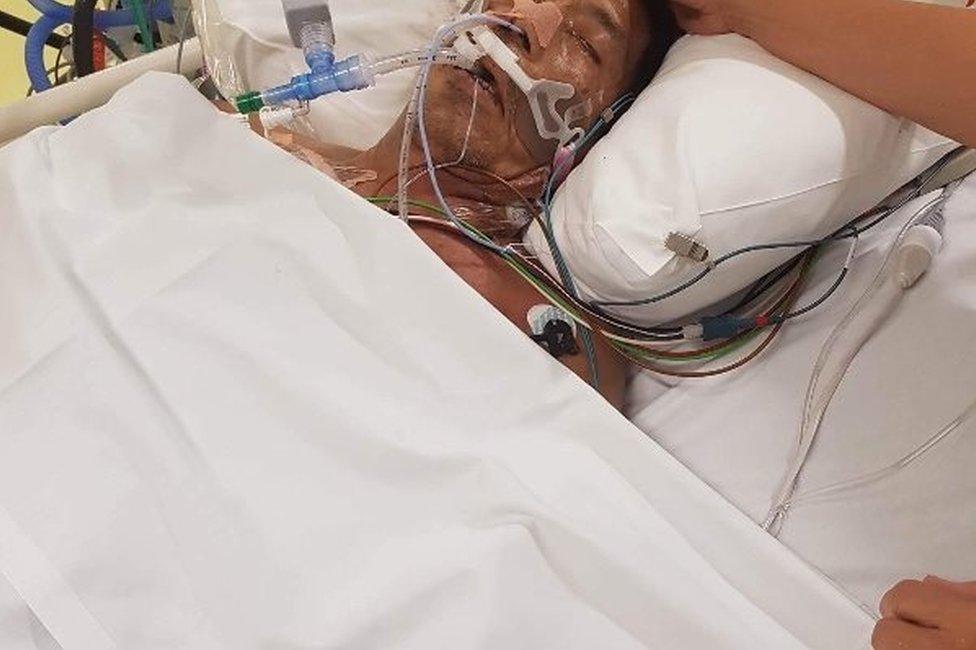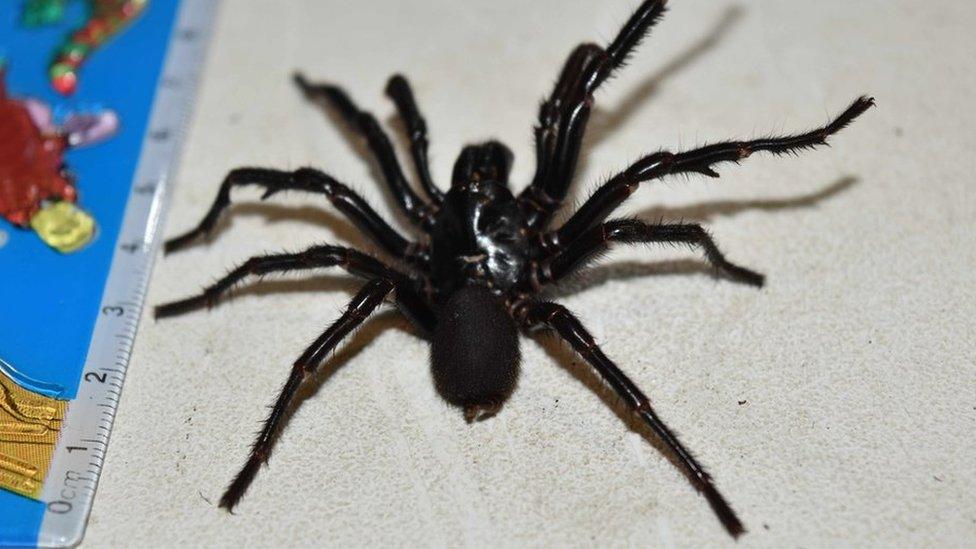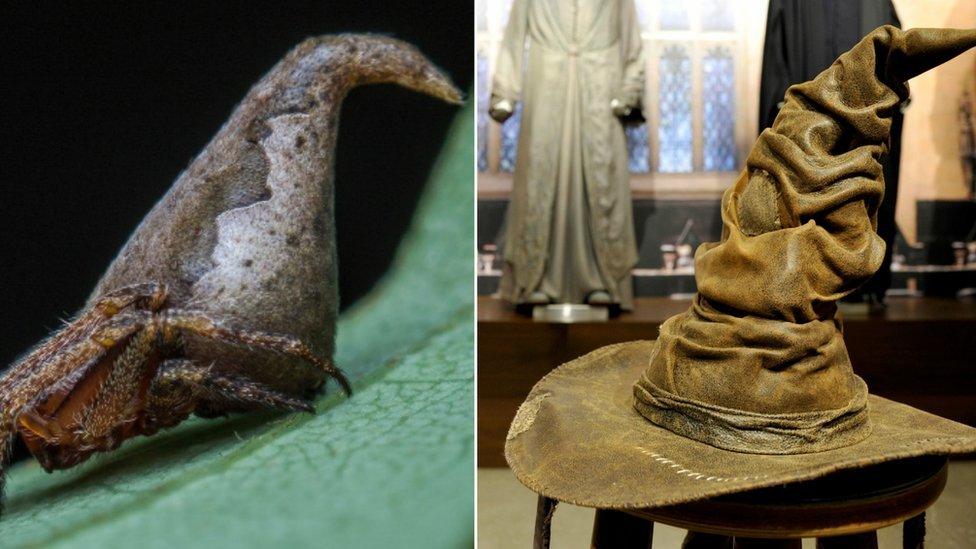Man loses legs to flesh-eating bug in Australia
- Published

Terry Pareja remains in intensive care, his daughter says
A man has had his legs amputated after being infected with a flesh-eating disease in Australia, his family says.
Terry Pareja, from the Philippines, was visiting relatives when he became ill a month ago, according to his daughter, Jeffmarey Pareja.
The family believes Mr Pareja's bug was caused by a spider bite, but doctors have said this link is not supported by evidence.
"It's eating him alive, literally," Ms Pareja told the BBC.
"He needs to stay in hospital for about 12 to 18 months."
She said Mr Pareja, 65, had been diagnosed with necrotising fasciitis.

What is necrotising fasciitis?
Necrotising fasciitis is caused by a bacterium called Group A streptoccocus (Strep A), which exists in the nose and throat or on the skin of many people without causing harm.
It can be lethal, however, if it gets into an area such as the heart, lungs or muscles through broken skin or damaged tissue.
It then attacks the flesh, which dies causing the rest of the system to go into shock, leading to organ failure.

Two hospitals confirmed Mr Pareja had been a patient, but they did not discuss his case for privacy reasons.
Ms Pareja has raised more than A$10,000 (£6,000; $7,500) in a fundraising effort to help cover medical bills.
"He was just here for vacation and what it has turned to is tragedy," she said.
Prof Mark Walker, director of the Australian Infectious Disease Research Centre, said the disease was rare.
"Once necrotising fasciitis starts it is very rapid in its progress," he said.
"People who wind up with that disease do get treated with antibiotics, but the damage is already done."
Could a spider be responsible?
Not according to clinical toxicologist Dr Geoff Isbister, who published a study, external on the subject in 2004.
Dr Isbister described linking necrotising fasciitis and spider bites as a myth.
"It's usually caused by a streptococcal infection," said Dr Isbister, from Australia's University of Newcastle.
"There has never been a definite case where someone has got bitten by a spider, caught the spider, identified it and developed necrotising fasciitis."
- Published24 February 2017

- Published15 December 2016
